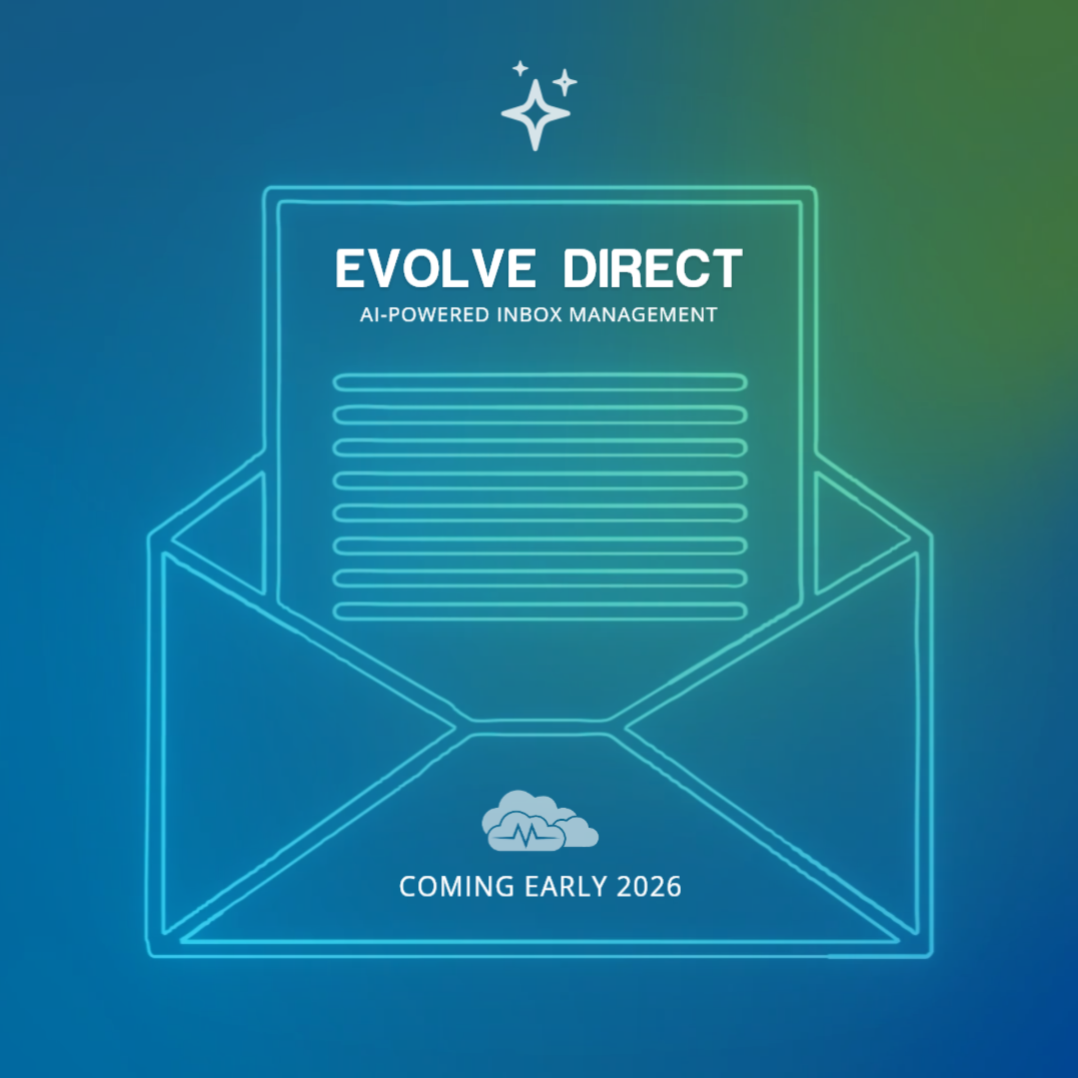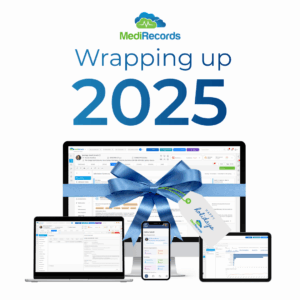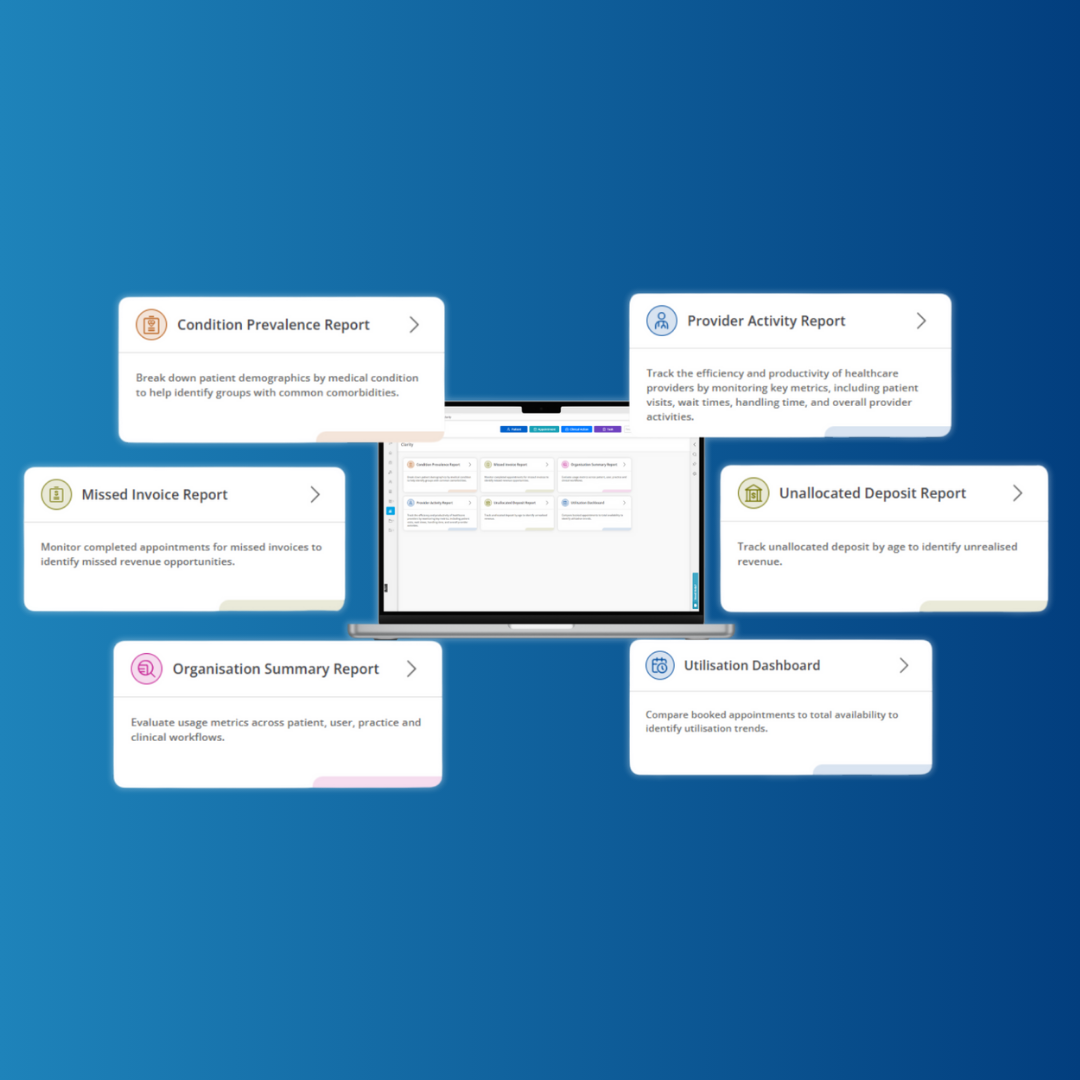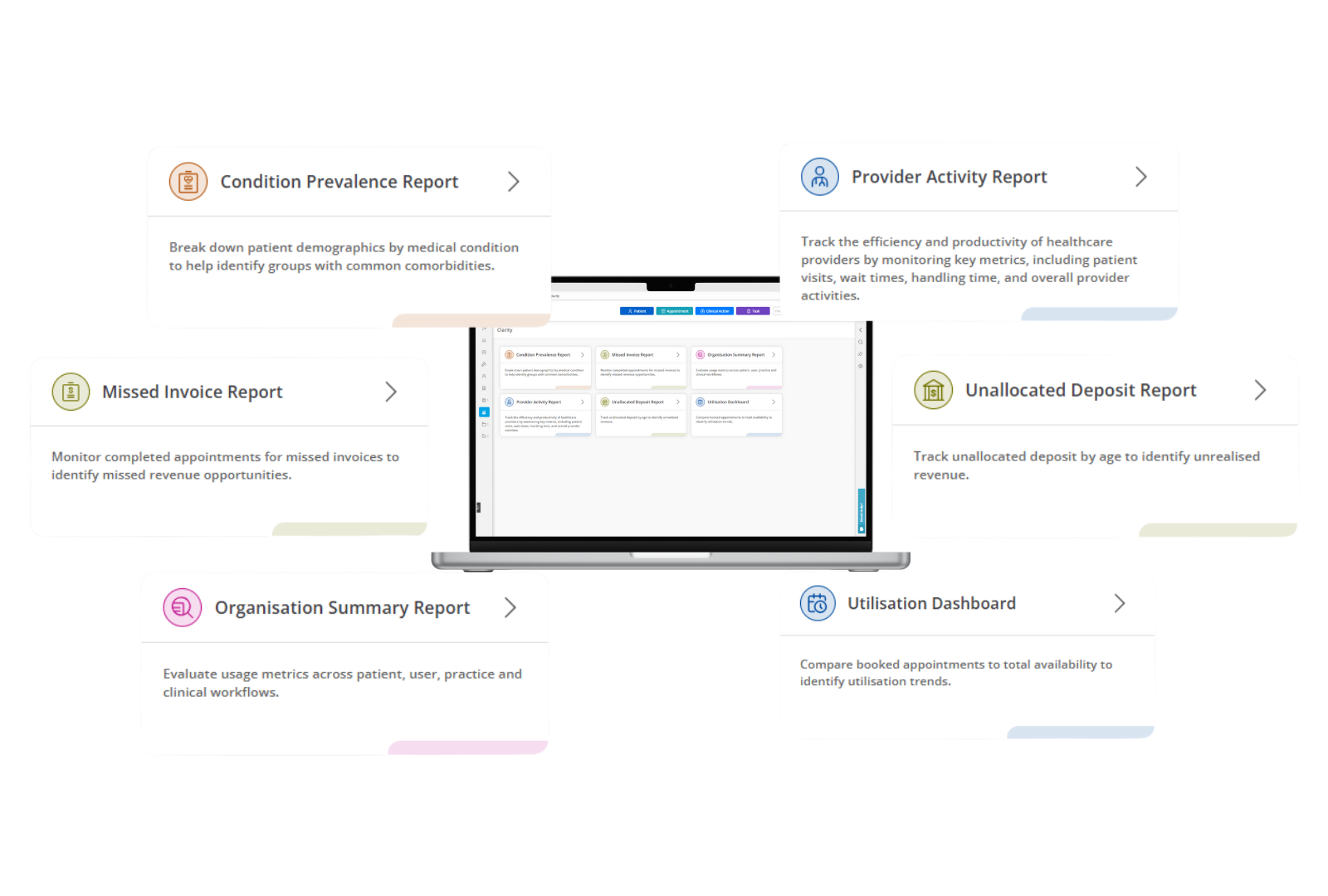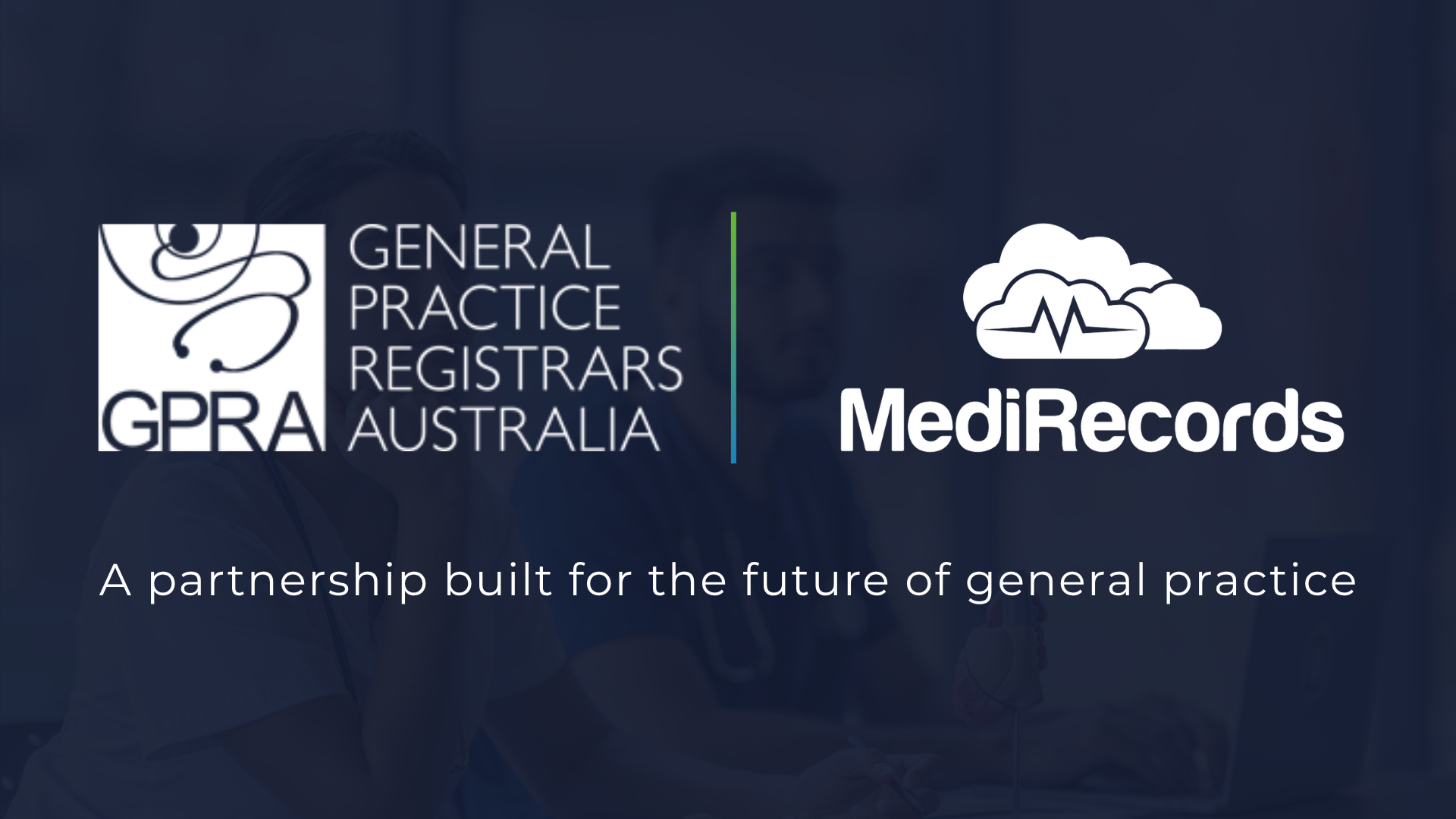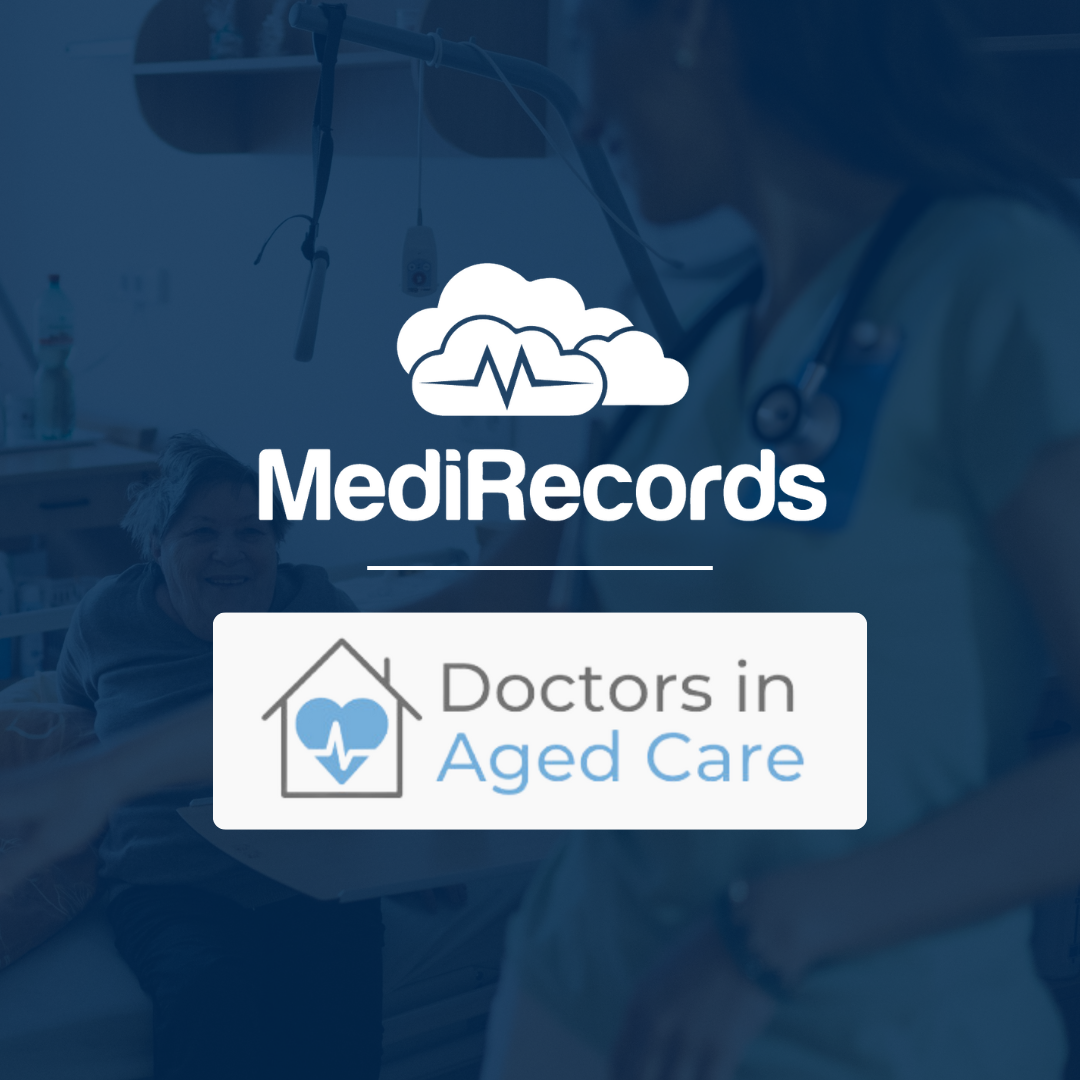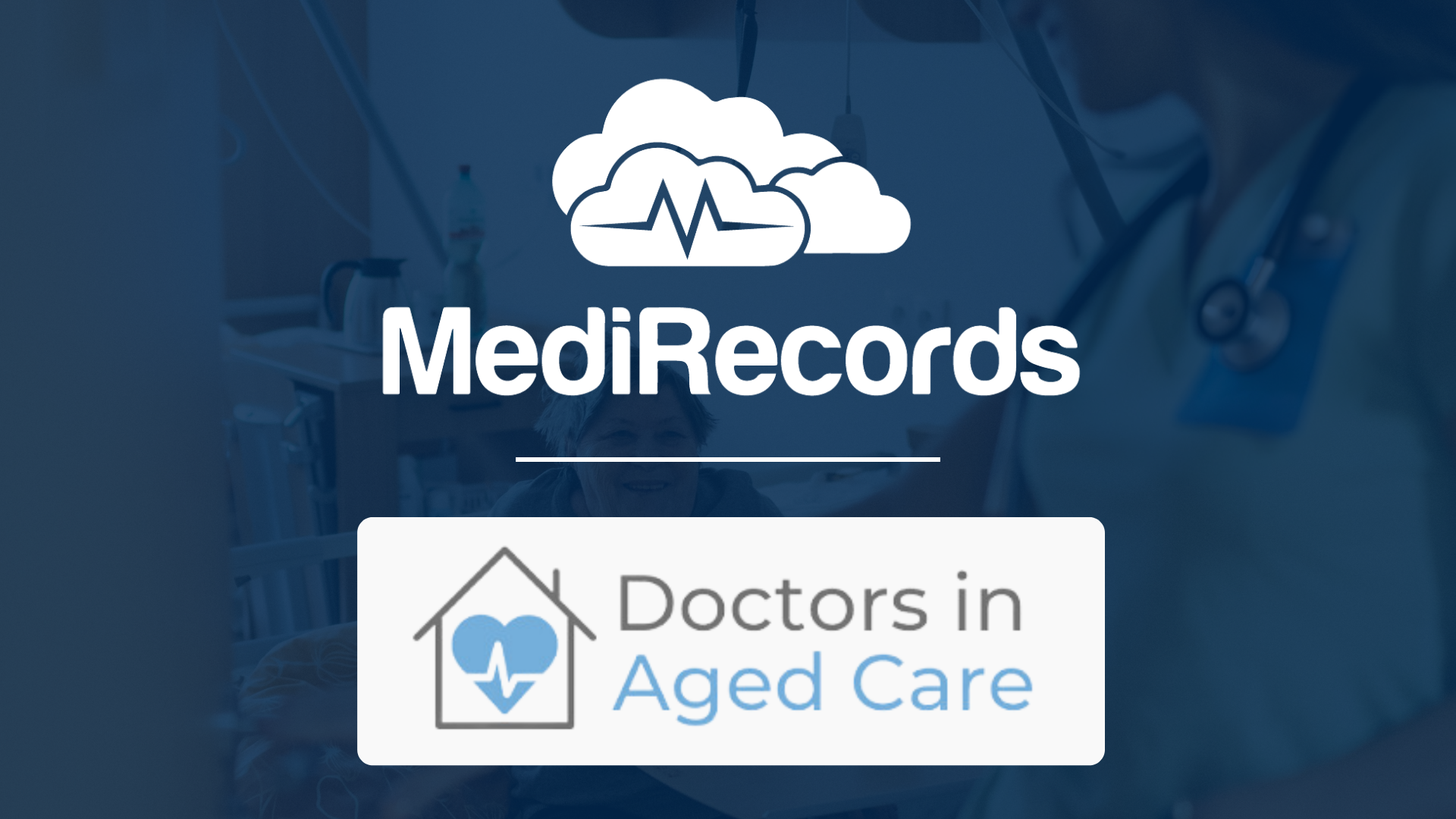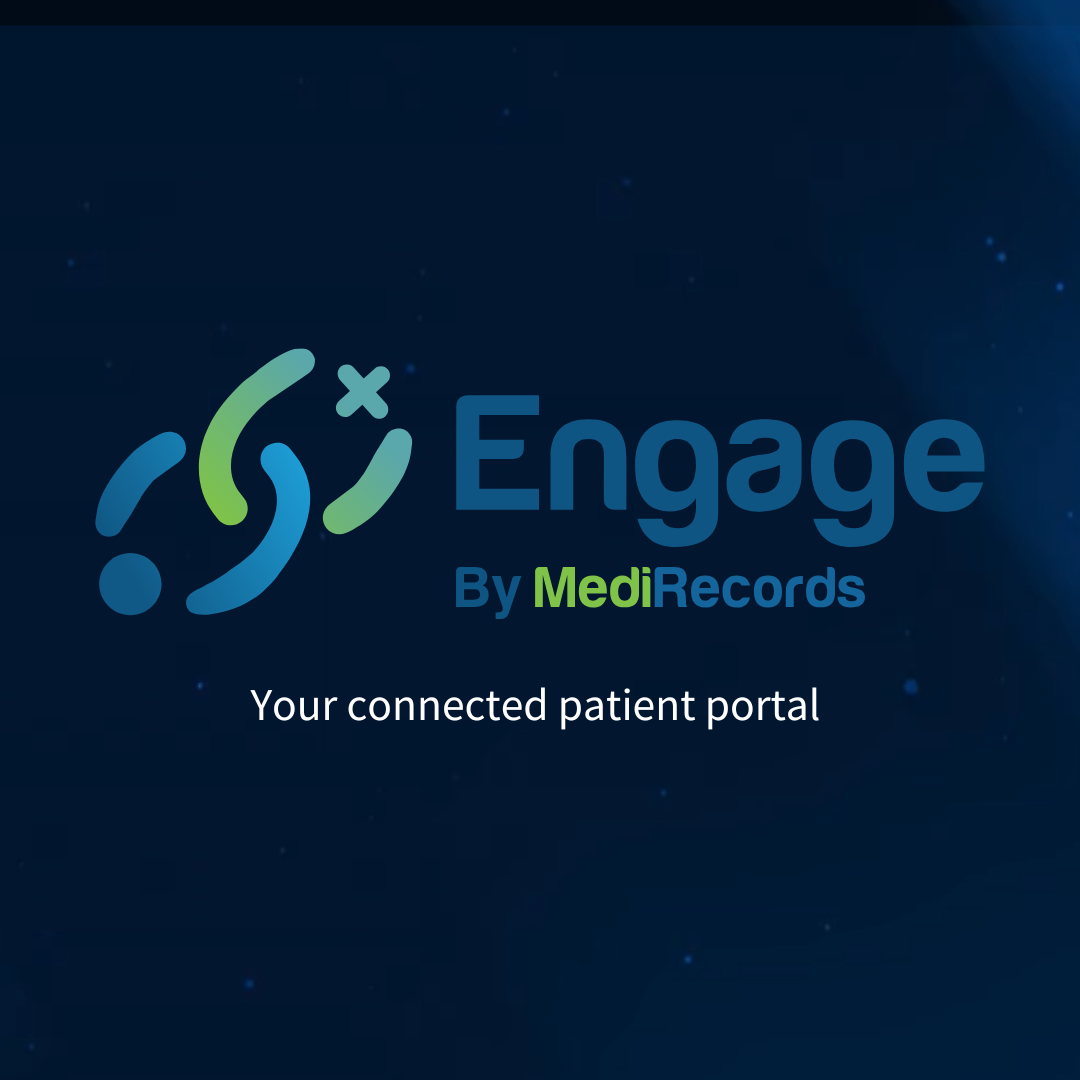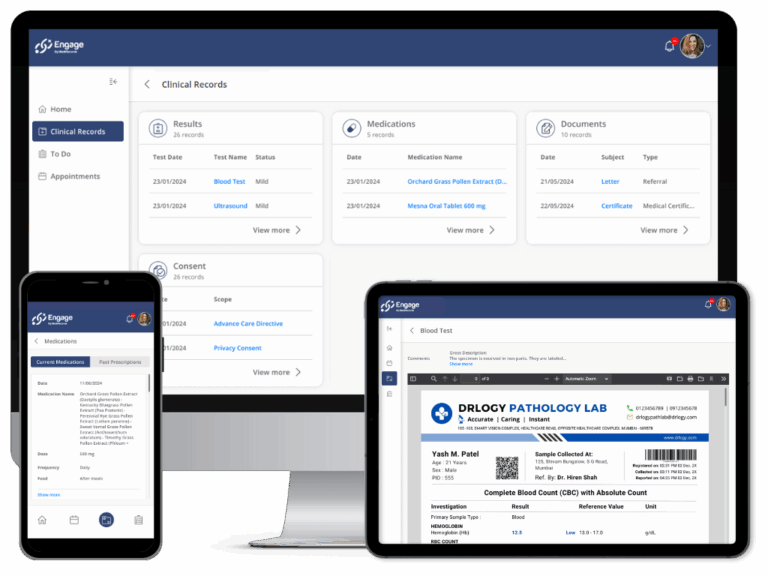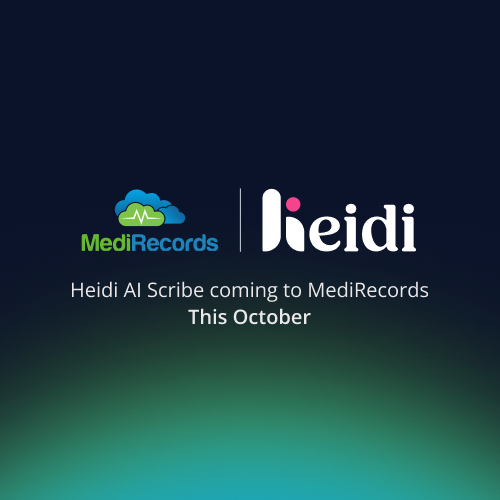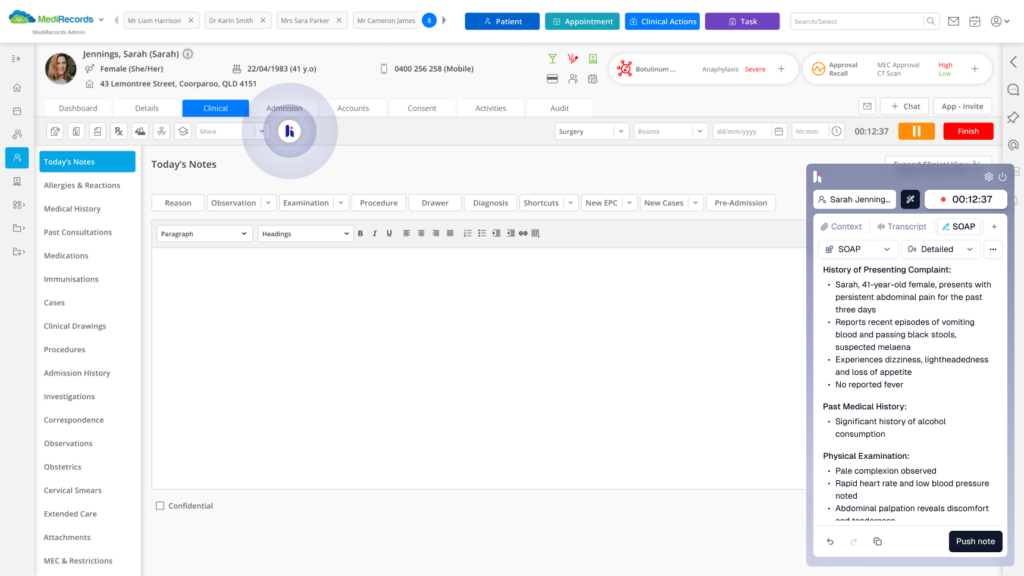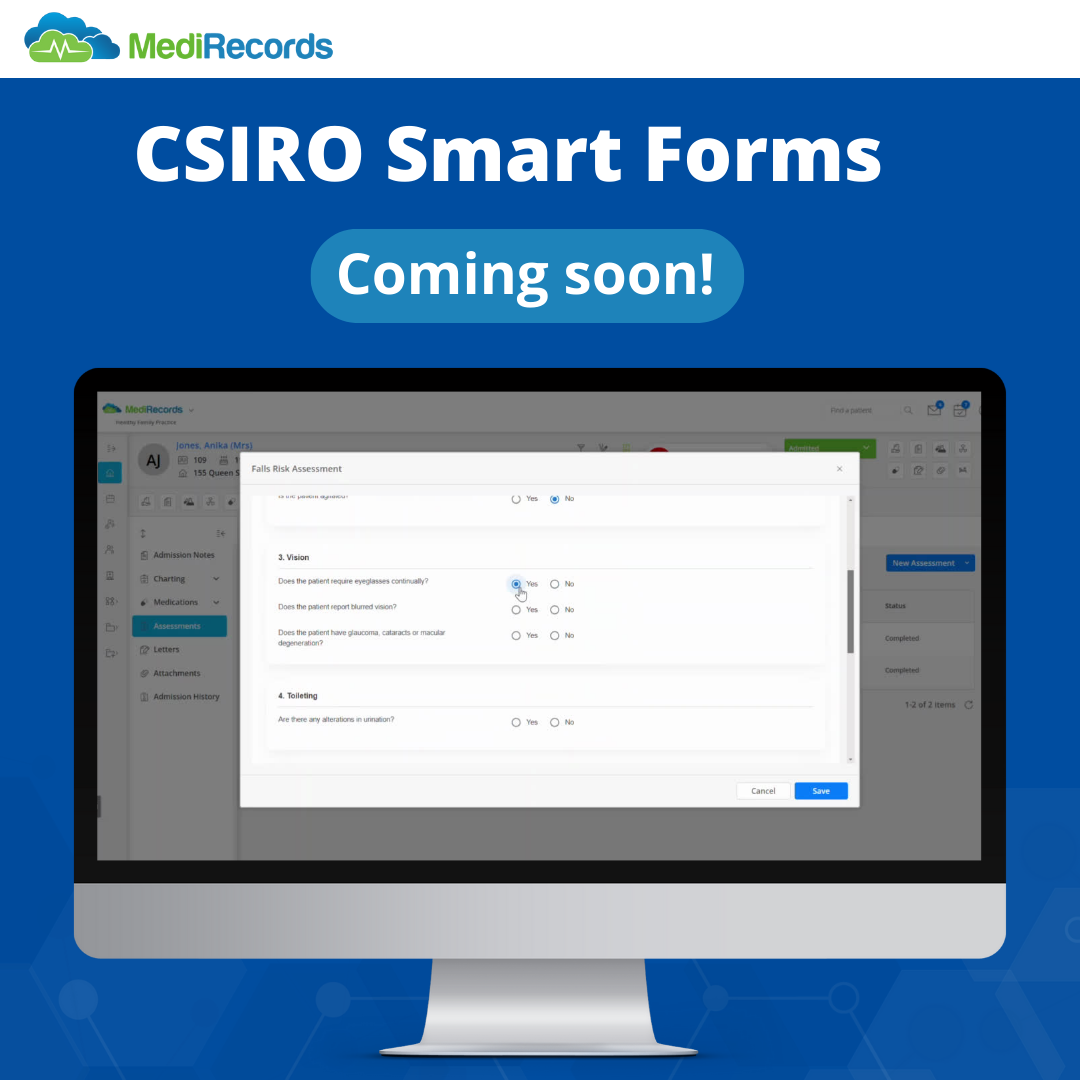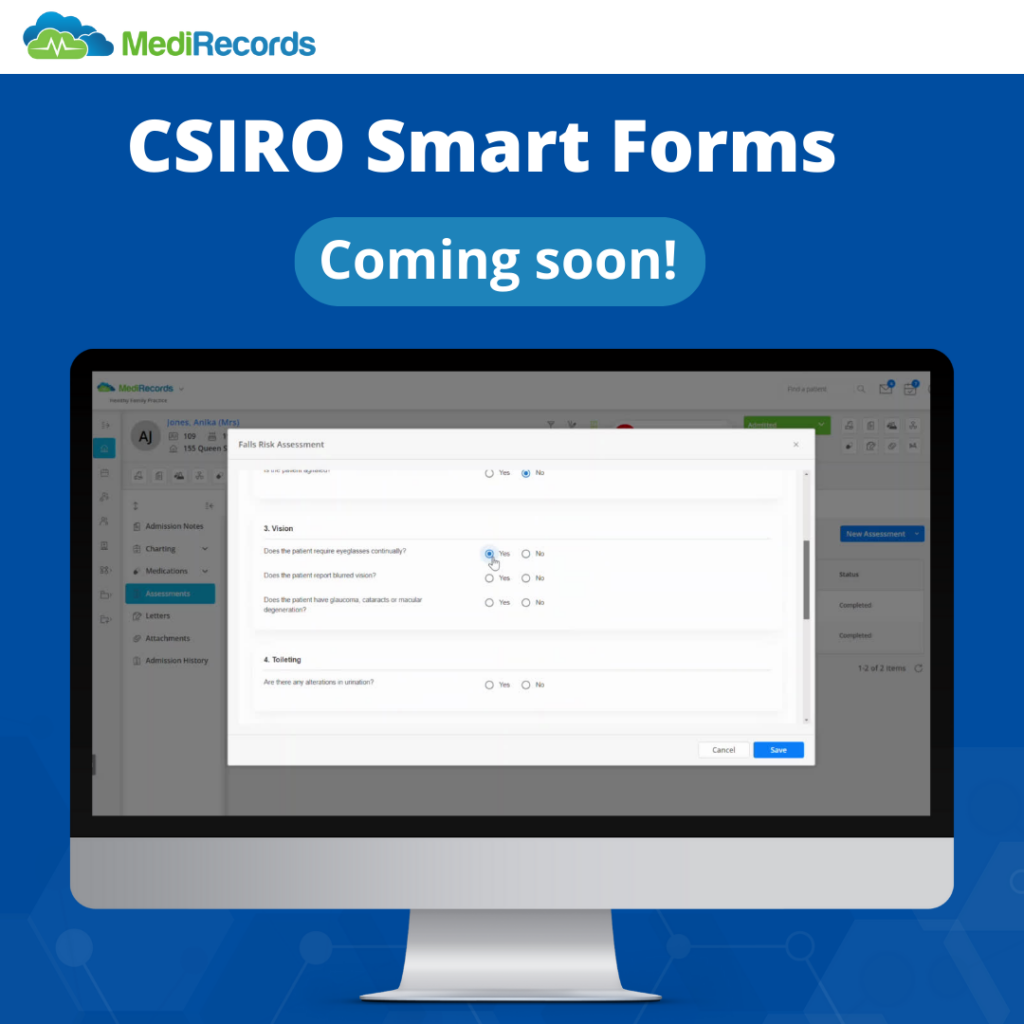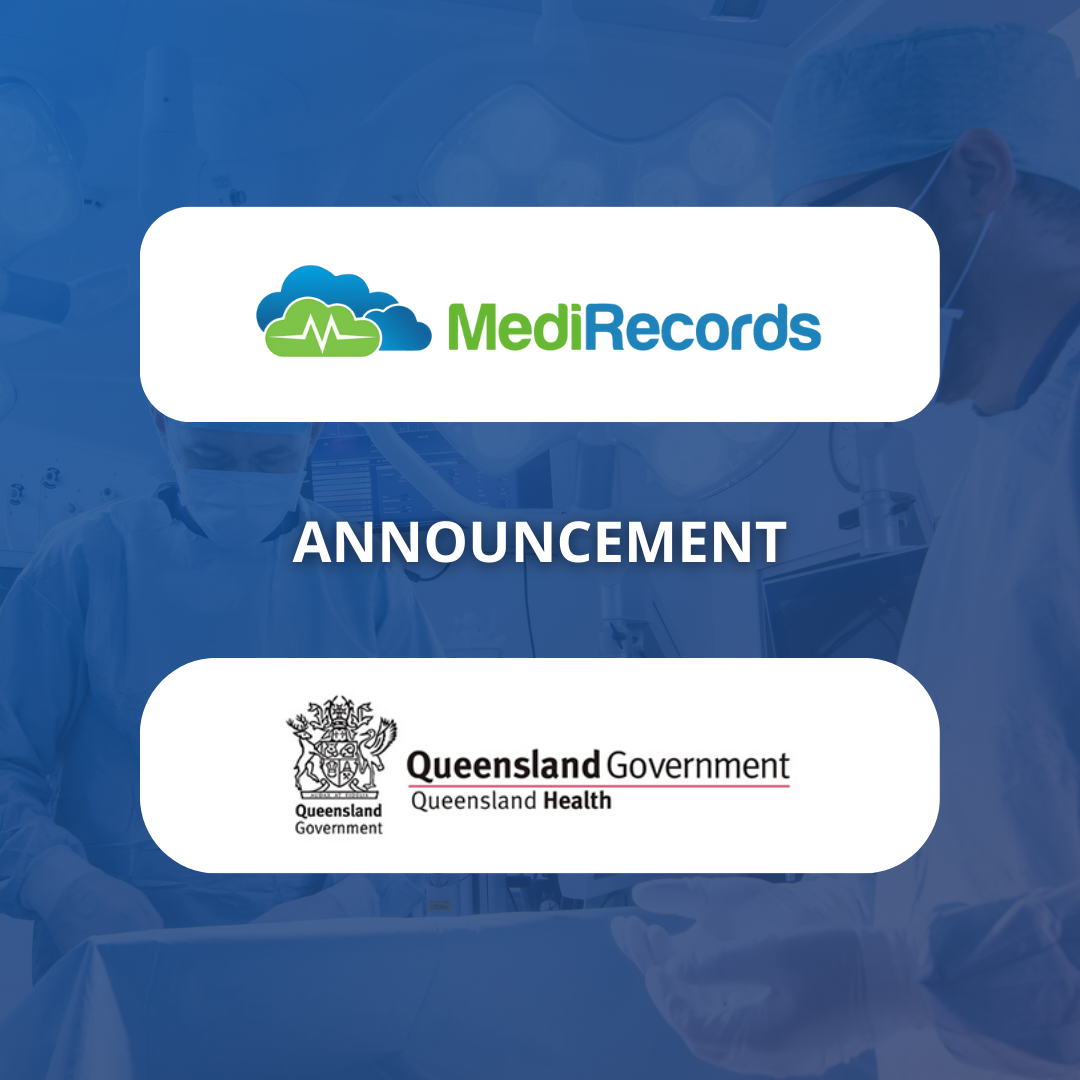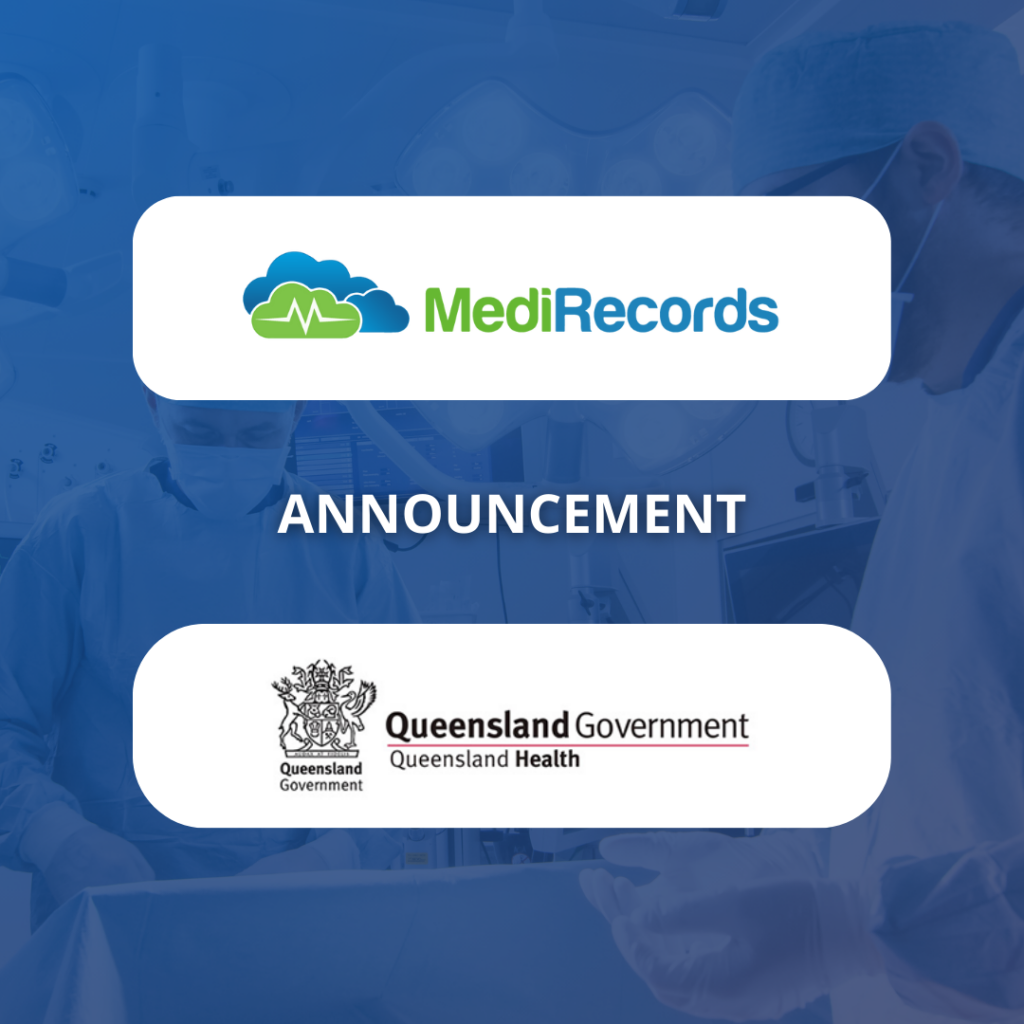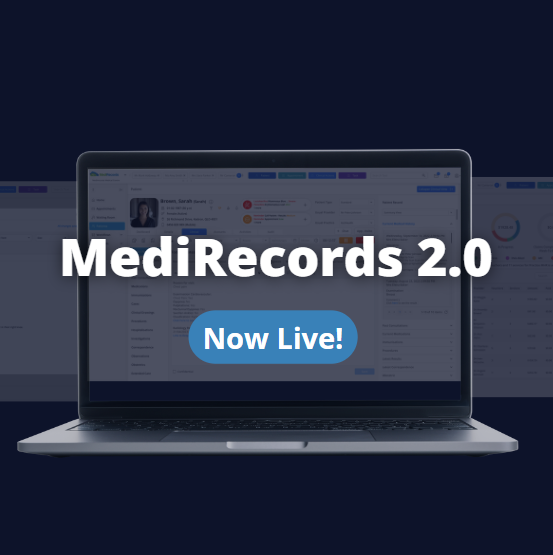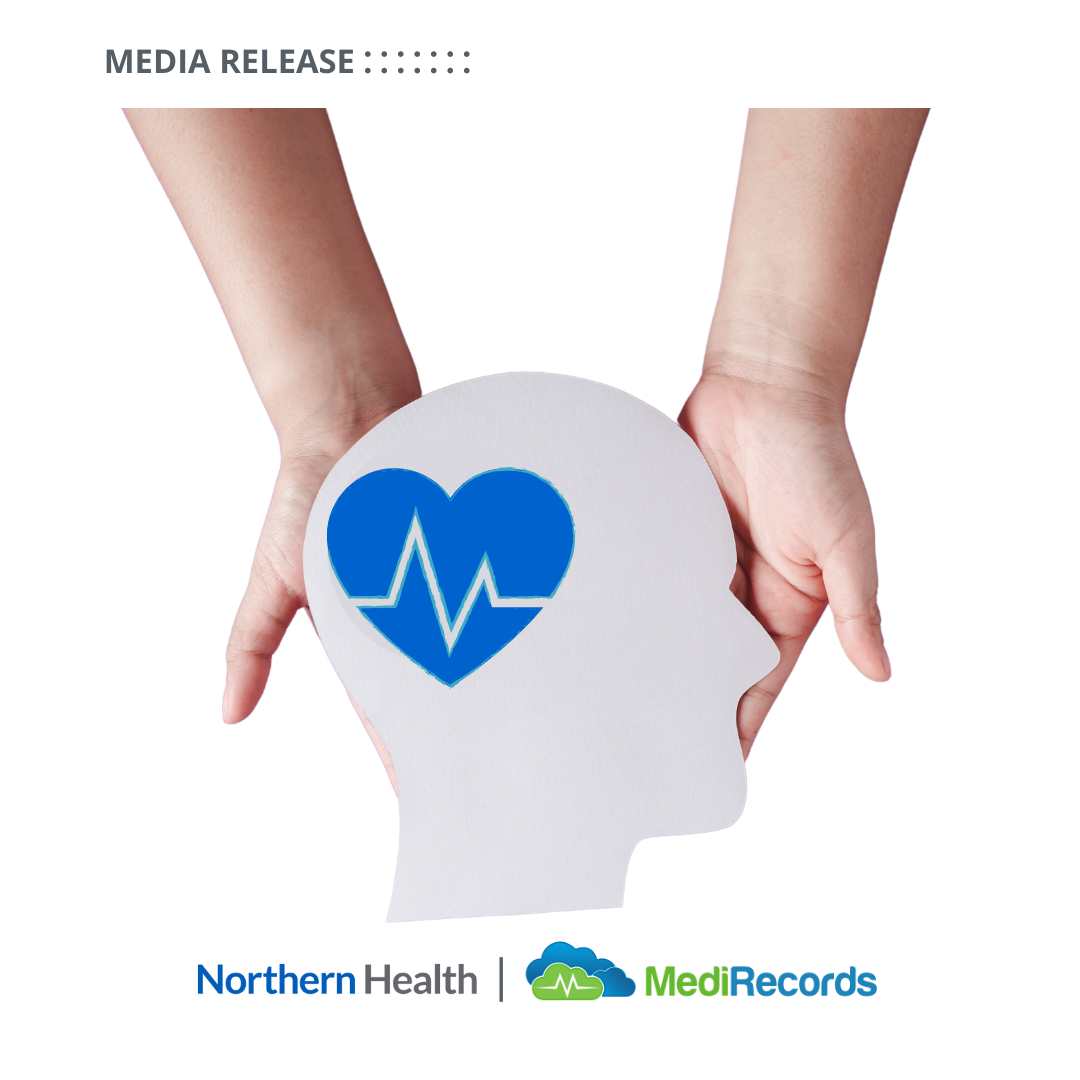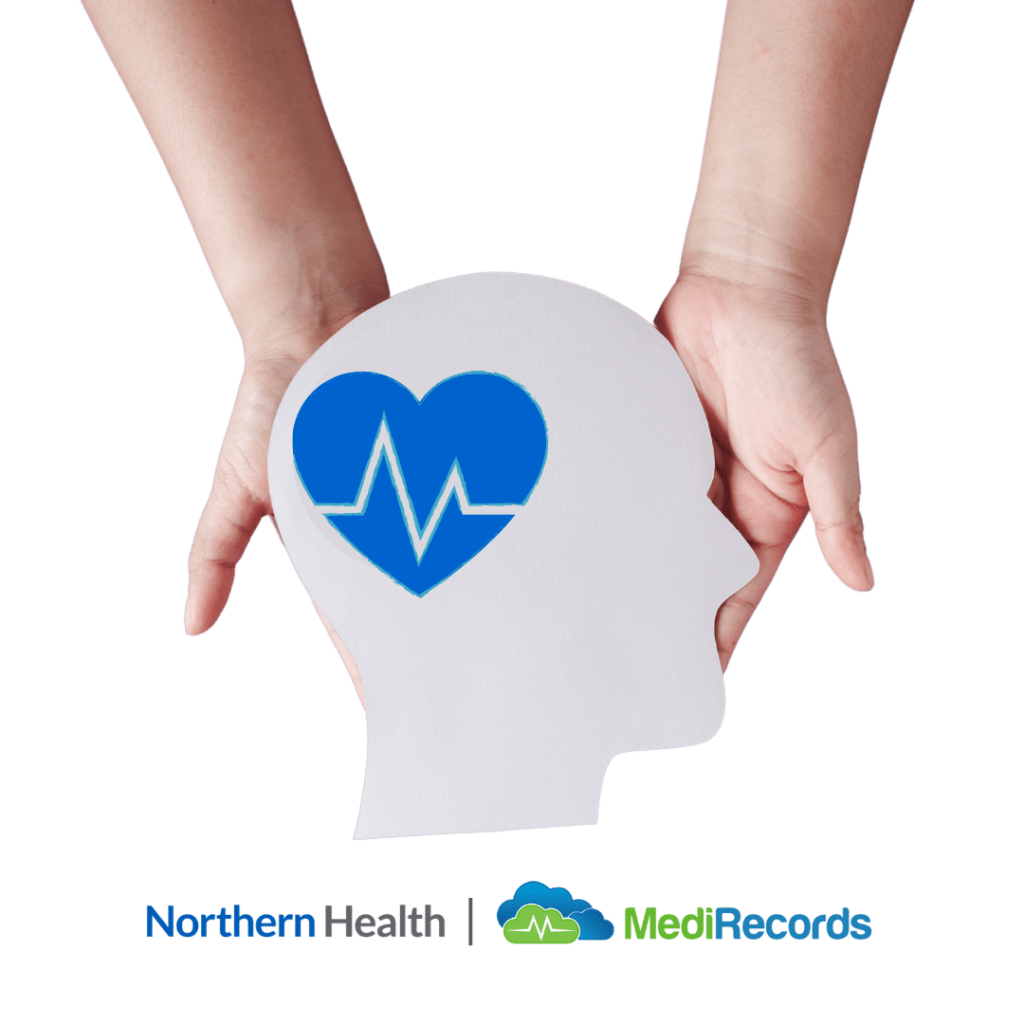MediRecords unveils Evolve Direct, an AI-powered inbox management solution.
December 10, 2025
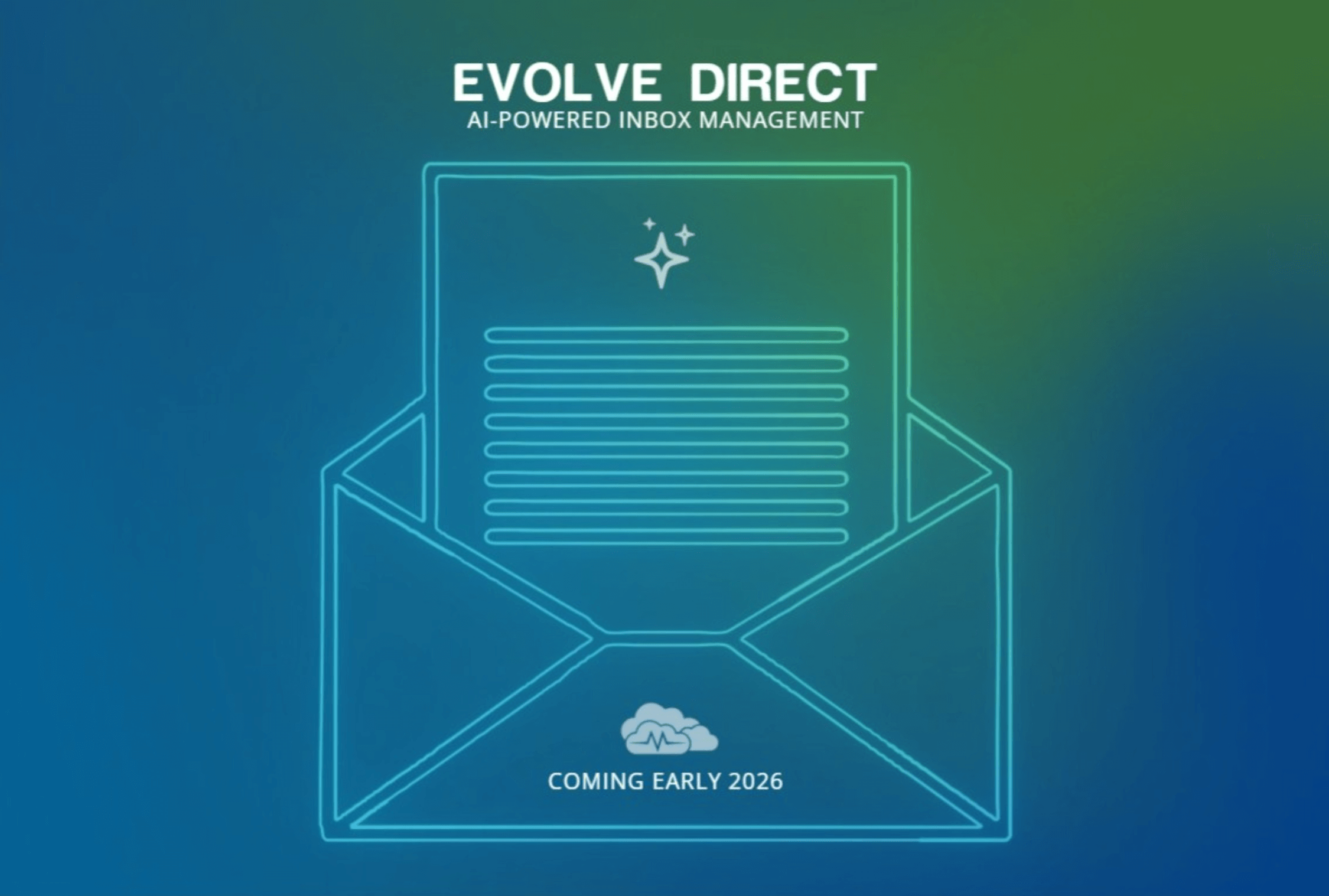
Media Release
MediRecords today announced the upcoming launch of Evolve Direct, an innovative AI-powered tool designed to streamline medical clinic inbox management and dramatically reduce administrative burden, scheduled for release in early 2026.
For many clinics, managing incoming documents has been a time-consuming, manual process. Staff have traditionally downloaded documents from external inboxes, located the correct patient, and uploaded files into the clinical system—a repetitive workflow prone to human error.
Evolve Direct changes everything.
Leveraging advanced AI technology, Evolve Direct automates the entire process:
Analyses and classifies incoming documents
Assigns the correct provider
Matches documents to the right patient record
Performs automated virus scanning
Directs unmatched documents to a Holding Bay for review
This means clinics can simplify the current manual 18-click process to just three clicks, saving time, reducing risk, and improving accuracy.
Beta testing with existing clients has shown the following benefits:
Significant time savings
Early feedback from test clinics with up to 10 doctors shows potential savings of up to 120 minutes per day, equating to:
- 10 hours per week
- 40 hours per month
- 480 hours per year
Major reduction in manual effort
- Previous workflow: ~18 clicks per document
- Evolve Direct workflow: 3 clicks
That’s an 83% reduction in manual steps, fewer touchpoints, and less cognitive load for staff.
Improved accuracy & reduced risk
- Eliminates manual download/upload errors
- AI ensures correct provider assignment and accurate patient matching
- Faster classification means results and correspondence reach the right person sooner
Enhanced security
- Built-in virus scanning protects against malicious attachments
- Reduced human handling improves privacy and compliance
Scalable for growth
As document volume increases, Evolve Direct absorbs the workload without adding pressure to admin teams, supporting sustainable business growth.
MediRecords founder and chief executive officer Matthew Galetto said the launch demonstrates a commitment to simplifying clinic workflows to reduce burnout and boost patient care.
“Evolve Direct provides a significant boost for clinics under increasing cost and time pressures. By largely automating inbox management, we’re helping practices reclaim hours each week, reduce risk, and focus on delivering quality care.”
Matthew Galetto, MediRecords Founder and CEO
Building a multi-agent AI future for healthcare
The launch of Evolve Direct is part of MediRecords’ broader strategy to introduce a suite of specialised AI agents that lift efficiency, accuracy, and quality across clinical and administrative workflows. MediRecords has already deployed Evolve Patient Summary, an AI agent that rapidly distils a patient’s record into a clear, usable snapshot for clinicians.
More agents are planned. Each will draw on MediRecords’ position as the patient system of record, unlocking rich clinical data and automating time-heavy tasks so practices can operate with greater confidence, speed, and scale. Evolve Direct is the next step in that journey, with further AI-driven tools set to roll out through early and beyond.
To sign up for early information and launch updates for Evolve Direct, sign up below.
Be the first to know about Evolve Direct
Complete the form below to stay informed about key updates and launch details.

